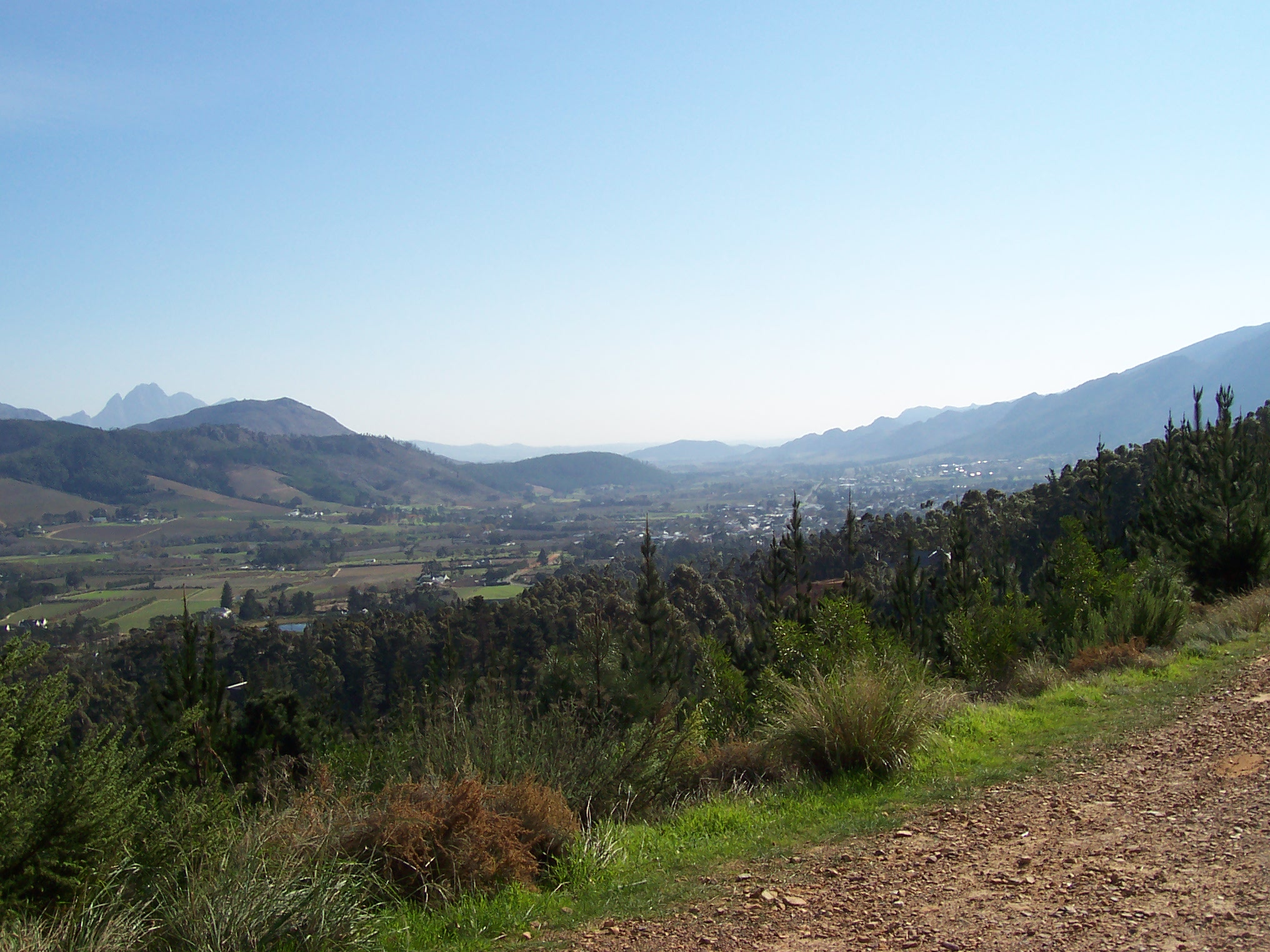
Stuart Highlanders
I watched Neil Oliver’s story of the clan warfare last night. To be honest it’s about the clans but, as the historians usually do, it is slanted towards the romantic side of the Stuart struggle to recover their kingdom. Which isn’t their kingdom any more because the majority of their people, from Lands End to John O’ Groats, had deserted them. My main concern is that it it overlooks the effect the Highlander’s ravages had on the general population of Scotland, living in the central and southern part of the country. How did the people in Dundee, Dunfermline or Glasgow, feel about the ravaging of Aberdeen by Graham and his Irish pirates? How did it make them feel when they heard of the ‘Massacre’ of the McDonalds at Glencoe? Much the same as we felt after El-Alamein, I’d expect. That rabble of thieves has go their comeuppance, I’d think. It’s only the military historians who marvel at Rommel’s tactics. Those who lost a son, husband, brother or father were just glad someone was killing the Africa Corps for a change.In any case, where did this idea that a highlander never took advantage of someone whose bread he’d eaten come from? It sounds to me like a kind of upper-middle class myth. One of the Stuarts had the Black Douglases murdered during a meal. It’s like the general, Wellington?, who refused to let the artillery fire on the gathering of enemy officers while the sergeant was telling the troops, in Bernard Cornwell’s Sharpe’s words, ‘Kill the officers.’
I find it hard to accept that the men who ravaged Aberdeen and burned the village of Douglas on their retreat from Derby, would walk over a hill, beg a meal from a shieling and then have qualms about killing the man of the house if he tried to stop them stealing his cows. Would Billy the Kid have hesitated? Or Cantrell’s Raiders? There is a more modern example but I don’t want to upset the sensibilities of those who disagree with my understanding of the Highlander of the 17th century; a time when ‘civilised’ governments were hanging traitors, cutting them down before they were dead and ripping out their beating heart.